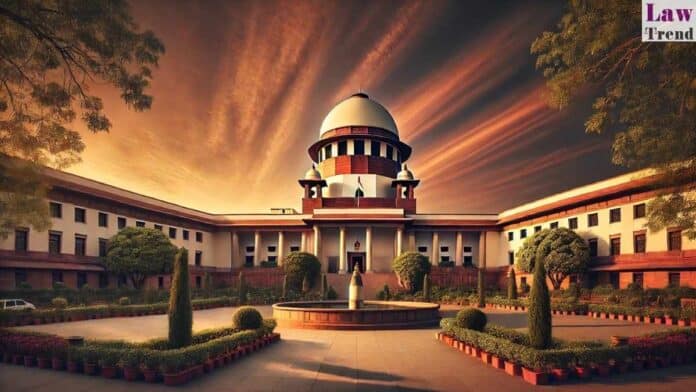In a significant ruling on March 27, 2025, the Supreme Court of India, in the case of R. Shashirekha vs. State of Karnataka and Others (Criminal Appeal No. of 2025, arising out of SLP (Crl.) No. 14900 of 2024), emphasized that for an offence of abetment to suicide under Section 306 of the Indian Penal
To Read More Please Subscribe to VIP Membership for Unlimited Access to All the Articles, Download Available Copies of Judgments/Order, Acess to Central/State Bare Acts, Advertisement Free Content, Access to More than 4000 Legal Drafts( Readymade Editable Formats of Suits, Petitions, Writs, Legal Notices, Divorce Petitions, 138 Notices, Bail Applications etc.) in Hindi and English.




